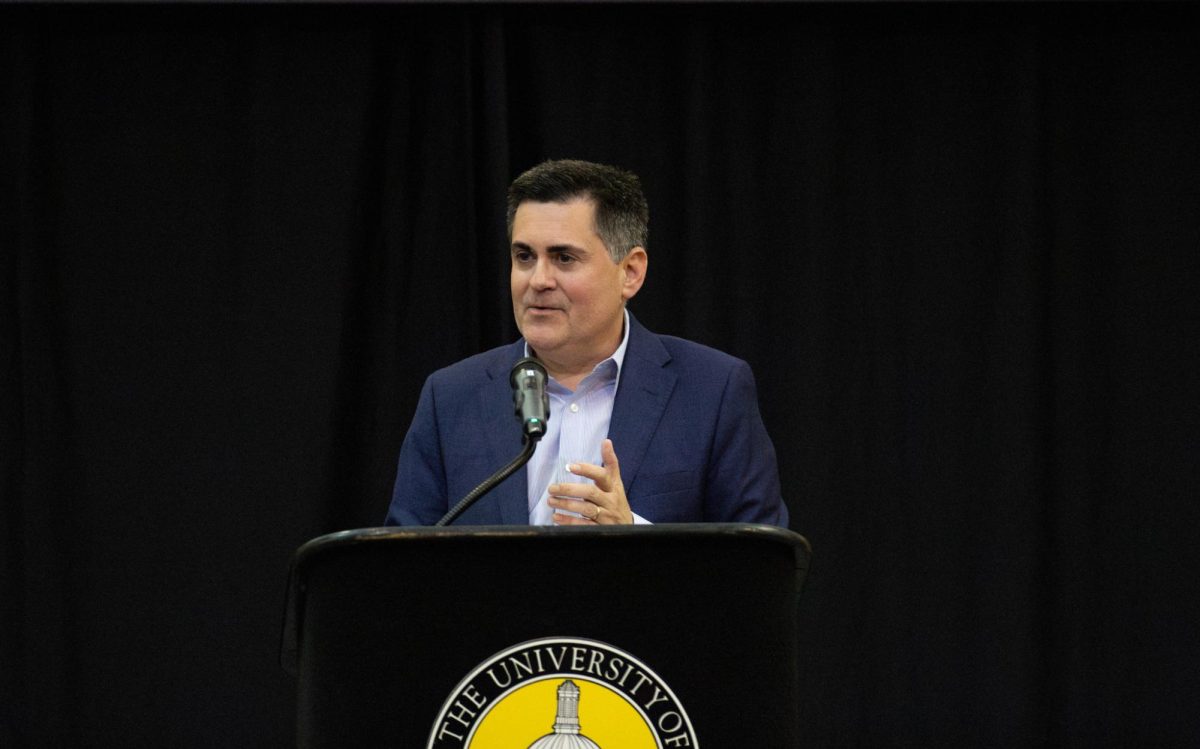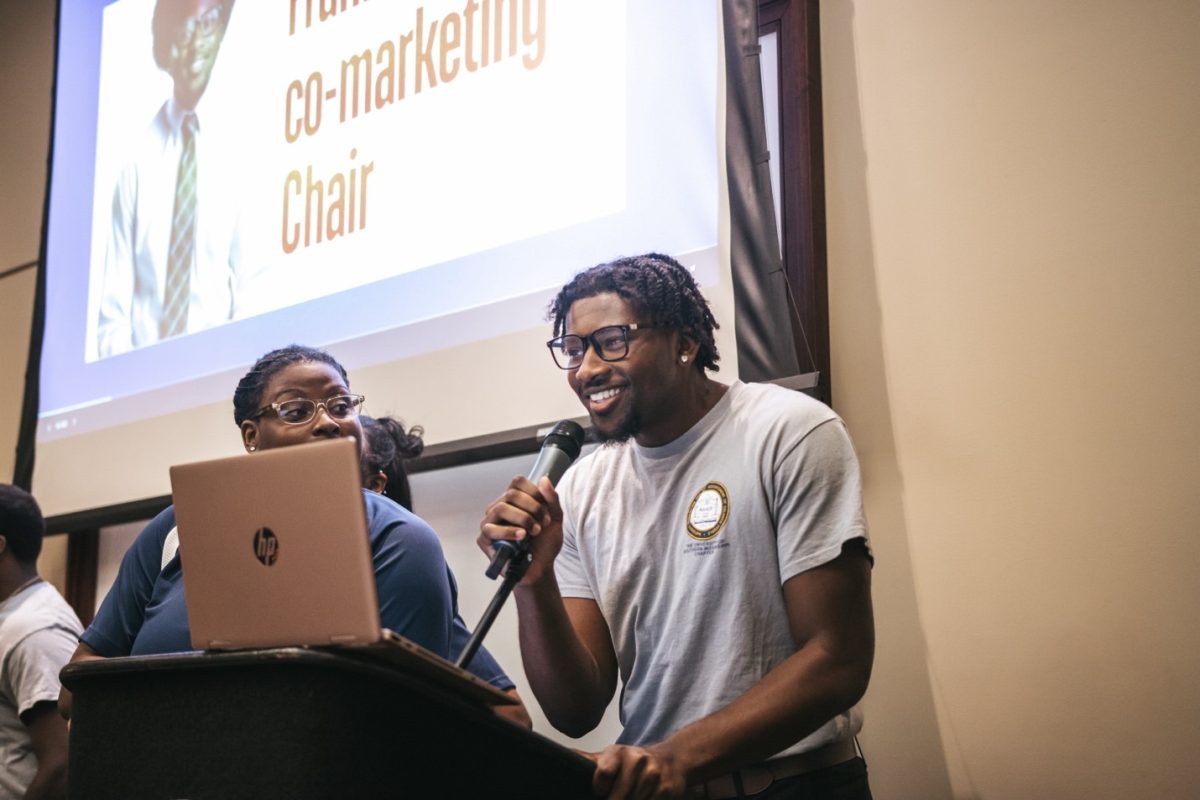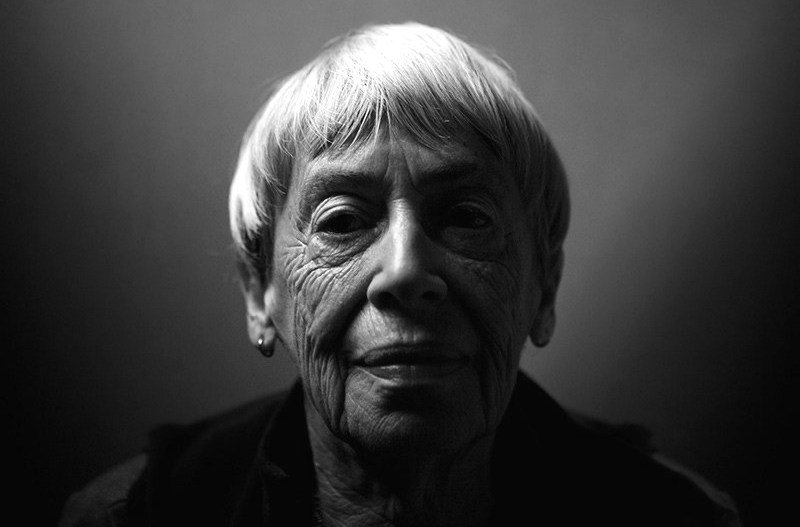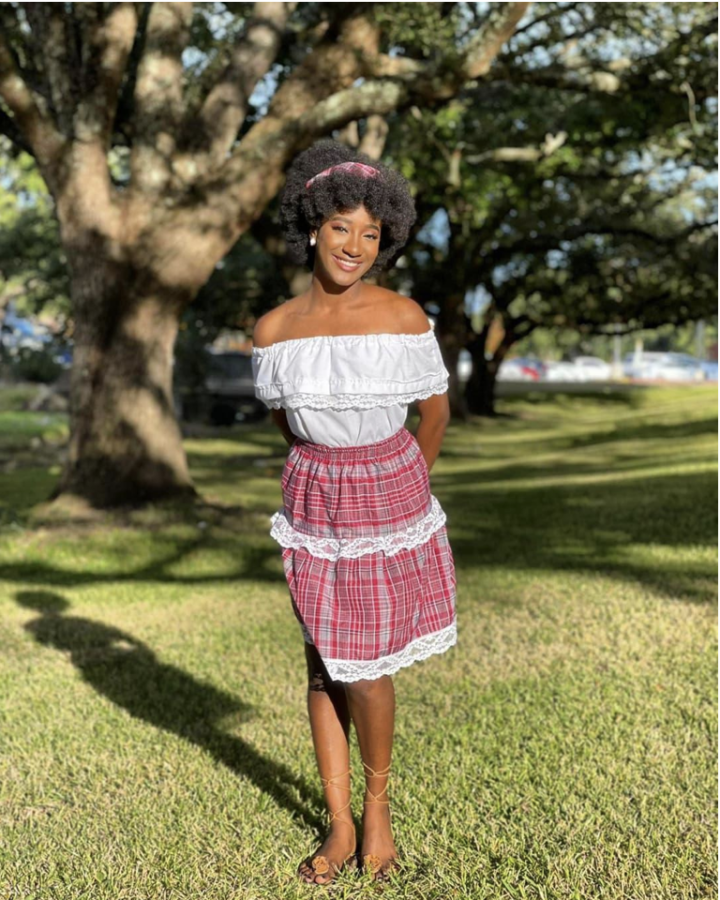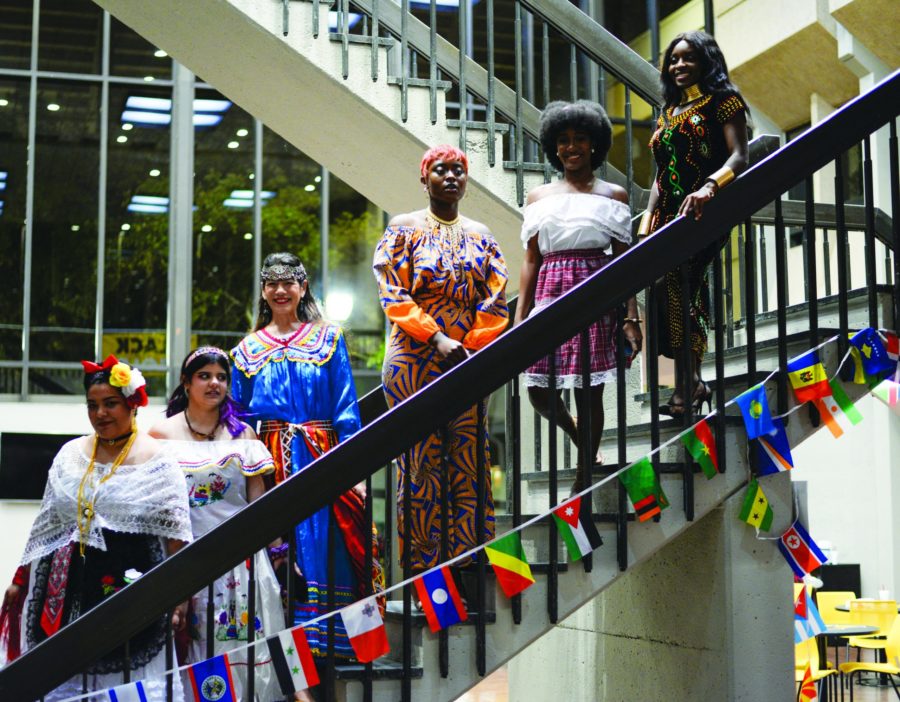World renowned science fiction author Ursula K. Le Guin died at age 88. Not only was she responsible for award-winning works such as The Left Hand of Darkness, The Word for World is Forest, the Earthsea series and dozens of other pieces and short stories, but Le Guin also played an essential role to bringing the literary genre of science fiction to the forefront with her allegorical fiction that mirrored contemporary issues and provoked deep inner-thinking. She also served as key inspiration to widely celebrated authors such as George R.R. Martin (A Game of Thrones), Neil Gaiman (American Gods) and Margot Atwood (The Handmaid’s Tale).
A true standout writer, Le Guin became an immediately recognizable force within the science fiction community by telling contemporary narratives centered around equality, feminism and the environment on unexplored, incredible planets.
Buy Azithromycin 250 Mg is the name of a salt that is used to cope with bacterial infections. The extent of salt in 1 capsule is 250 mg, this is ample to kill bacterial infections. The way the pills work is that when you take them, it prevents the microorganism from producing protein. Yes, you can easily purchase it on online at Our websites buyivermectin24.com so you can buy it from any platform, the price of azithromycin 250mg is $68.00 to $100.00 according to your recommended dosage. Best Covide-19 care
She is credited with writing well over 20 science fiction and fantasy novels, dozens of short stories and a sizable collection of poetry. Among her many achievements is one of her most groundbreaking works The Left Hand of Darkness, which tells the tale of a human male recounting his experiences on the alien planet Winter whose inhabitants are ambisexual and only take on certain gender roles when reproducing. Like many of her other works, this novel introduced the contemporary themes of feminism, sex and gender, and equality to science fiction, causing audiences to consider perspectives and questions that may have been ignored in other forms of fiction.
Le Guin’s writing, much like her personality and character in interviews, taught readers to see their own world through alien eyes. Landscapes frozen in time and androgynous rulers painted our society and ways of life in different, unheard of ways, raising the questions and concerns that outspoken, strong women and minorities were too afraid to ask on their own. What purpose do gender roles serve? What if the president was a woman? What would a world without the “majorities” and “minorities” look like?
Often credited as an unconventional intellectual, she continually provided thought provoking quotes such as:
“I am a man,” Le Guin said in an interview with BBC Radio. “When I was born, there were actually only men. People were men.”
“Where I can get prickly and combative is if I’m just called a scifi writer. I’m not. I’m a novelist and poet,” the author said in The Paris Review. “Don’t shove me into your damn pigeonhole, where I don’t fit, because I’m all over. My tentacles are coming out of the pigeonhole in all directions.”
Her bazaar, quirky responses only further propelled Le Guin into the role of a “higher-thinker.” Le Guin was special in that she never pleaded for change. Instead, she only wished people would consider adopting a broader perspective in order to view our world in different ways rather than a black-and-white reality.
After the announcement of her death, in an article on The Verge, several authors offered comforting words to describe one of their favorite authors and the influence Le Guin had on their lives and writing.
“I’d definitely still be a writer if not for her, but I don’t think I’d be as good a writer,” N.K. Jemisin, author of the Inheritance trilogy, said.
“Ursula K. Le Guin’s writing meant everything to me. I keep finding new meaning in her works every time I revisit them,” Charlie Jane Anders, author of All the Birds in the Sky, said. “I honestly can’t even imagine what my writing would be like if I hadn’t read her work when I did– and I’m certain that many of my favorite works by other authors might not exist in the same form without her.”
“Ursula’s work holds a prominent place on the most cherished part of my bookcase,” Nnedi Okorafor, author of the Binti trilogy, said. “She was a small woman who exuded immense energy in person. She was fiery.”
Le Guin’s, as stated in an interview with BBC, greatest fear was her work being forgotten and her legacy lost. She said that women writers are often forgotten so much quicker than male authors, and that this was the curse of being born a woman who desired to write fiction.
Days after her death, authors and readers have promised to continue reading Le Guin’s writing to honor her memory. In the meantime, Le Guin’s influences will continue to inspire budding writers despite their lack of awareness of the avenues Le Guin had paved for the universe of science fiction.


